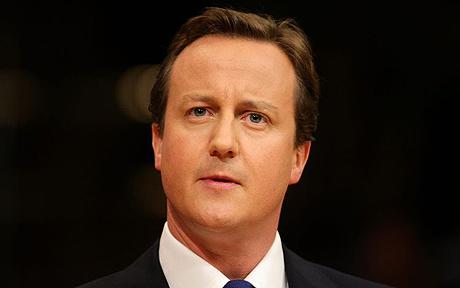David Cameron is to hold the first bilateral talks between a British prime minister and an Iranian president since the 1979 revolution when he has a face to face meeting with President Hassan Rouhani in the next two days in New York.
The meeting, a significant thaw in diplomatic relations between the countries, is designed to explore the support the Iranians can give to the fight against Islamic State (IS) in Iraq and Syria, the Guardian newspaper reported Sept. 23.
The Iranians were not allowed to attend the recent Paris talks on building an international coalition against IS, and have also been excluded from all talks about dislodging President Bashar al-Assad in Syria, including the two conferences in Geneva.
Rouhani has been a fierce critic of IS, but has derided the US air strikes campaign as it involves no commitment to ground forces.
Cameron is expected to make clear that IS is a common and extremely serious threat that can only be tackled in Iraq and that Iran must drop its support for President Assad, who, in the words of Downing Street, has "created the conditions that have allowed terrorism to flourish".
Cameron will also send a tough message to the Iranians on the long-running nuclear negotiations on behalf of the P5+1 (the five permanent members of the UN Security Council comprised of China, France, Russia, Britain, the U.S., plus Germany) group that: "Iran has a rare opportunity to embolden its prosperity through a deal but this is only possible if Iran is willing to show flexibility and be realistic about the future scope of its nuclear program, in particular the issue of enrichment."
Iran and the P5+1 sealed an interim deal for a six-month period in Geneva on Nov. 23, 2013.
Under the deal, dubbed the Geneva Joint Plan of Action, the six countries undertook to provide Iran with some sanctions relief in exchange for Iran agreeing to limit certain aspects of its nuclear activities.
The deal took effect on Jan. 20 and expired on July 20. However the two sides agreed to extend their talks for four months until Nov. 24, 2014 to reach a permanent deal on Iran's disputed nuclear program.






